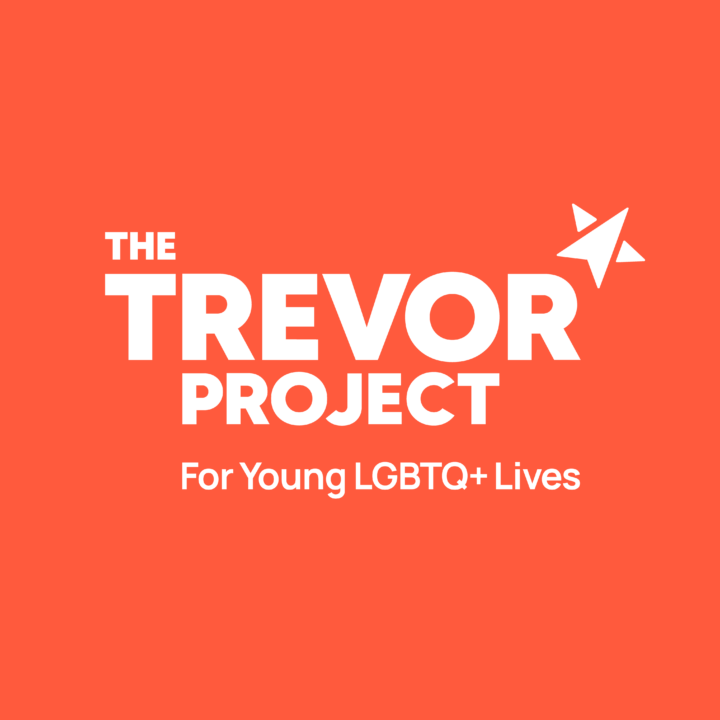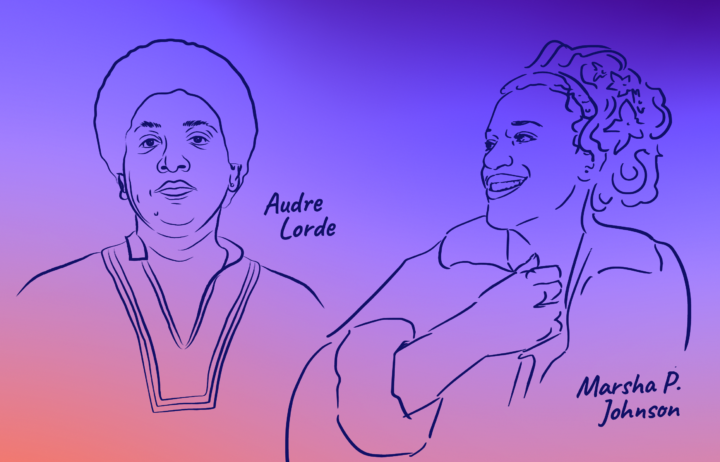Youth's Lives Every Day
It was reported that a leaked, draft version of the administration’s proposed federal budget asks Congress to eliminate funding for the 988 Suicide & Crisis Lifeline’s specialized services for LGBTQ+ youth after September 30, 2025. This was confirmed on June 6, 2025 when the U.S. Department of Health and Human Services released the full budget proposal for Fiscal Year 2026.
While The Trevor Project continues to advocate for continued funding for these life-saving programs, we have also observed the spread of rumors and misinformation on social media.
This is a quick-reference resource that provides clarity around confirmed information that our experts know as of June 9, 2025.
Background Facts
- The National Suicide Hotline Designation Act was signed into law in October 2020 by President Trump.
- In July 2022, the national 988 Suicide & Crisis Lifeline launched across the United States as a federally funded resource for people experiencing mental health, substance use, or suicidal crises.
- The Trevor Project is one of several contact centers that partner with the 988 Lifeline to provide specialized crisis support for LGBTQ+ young people who call or text 988.
- LGBTQ+ young people are more than four times as likely to attempt suicide than their peers.
Facts Regarding Recent Events
- It has been widely reported that a leaked budget draft revealed the federal government has proposed to eliminate all funding for the 988 Suicide & Crisis Lifeline’s LGBTQ+ Youth Specialized Services. This leaked proposal is not a final budget.
- Counter to false claims on social media, defunding has not occurred yet. While the U.S. Department of Health and Human Services released the full budget proposal for Fiscal Year 2026, it’s important to note that Congress must approve the budget before it is final.
- The Trevor Project, its supporters in the House and Senate, and peer organizations are advocating for the continued funding for these life-saving programs.
- It was reported that a viral social media post “falsely claimed that Canada has launched a suicide crisis line for LGBTQ+ Americans in the wake of news that federal cuts were coming to the United States 988 Suicide & Crisis Lifeline.” It is not true that Canada created a suicide lifeline for LGBTQ+ Americans. To save LGBTQ+ young lives, it is important that they receive accurate information as to where they can turn for help.
- LGBTQ+ young people can still contact 988 for specialized crisis services. They may also contact The Trevor Project, 24/7 and for free.
Immediate Actions You Can Take
- Donate to ensure that The Trevor Project will also be here to answer a young person’s call for help – 24/7.
- Sign The Trevor Project’s petition to demand lawmakers protect LGBTQ+ youth — not endanger them.
- Follow The Trevor Project on Instagram and share our post about saving 988 Specialized Services for LGBTQ+ Youth.


